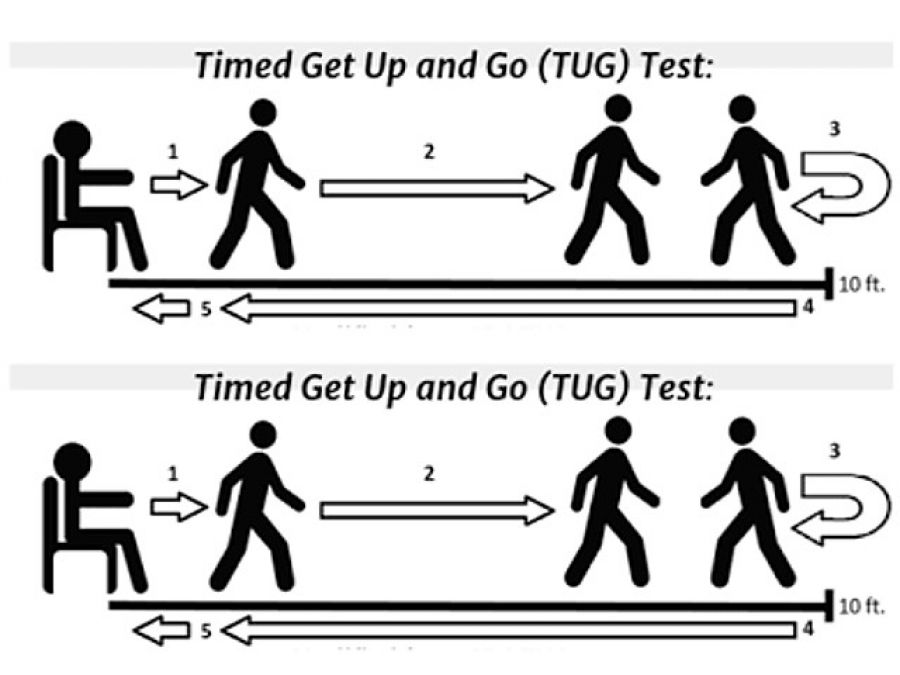By Peter Kates
Is someone in your family at risk for a fall? Is it you?
More than one in four older adults in the U.S. report falling each year, according to the CDC, which translates to about 36 million falls. One out of five of those falls causes a serious injury, such as broken bones or a head injury, and that can have a short-term or long-term impact on a person’s ability to live independently.
Here’s the good news: Falls are not a normal part of aging and can be prevented.
“Daily exercise, avoiding certain medications that can affect your balance, and even making sure eyeglass lens prescriptions are up-to-date can help to prevent falls,” said Bruce Naughton, M.D., Univera Healthcare Medical Director for Medicare. “Discuss these things with your doctor.”
Naughton also advises checking your home for obvious tripping hazards.
- Clutter
- Worn carpets
- Stairs with poor railings
- Rooms with bad lighting
- Unstable chairs or tables
- Bathrooms that lack grab bars
- Uneven transitions between bare floors and carpeted rooms
The Timed Up and Go test, or TUG test can predict your risk for falling.
“The TUG test is something that older adults can do in the comfort of their own homes to evaluate their basic mobility skills and risk of falling,” said Naughton. “You need a stopwatch or wristwatch with a second hand, a chair, and a friend to assist you.” Naughton advises wearing your regular footwear and using a walking aid, if needed.
How to take the “TUG” test:
- Mark a line on the floor that’s 10 feet away from the chair
- Sit in the chair
- When your assistant with the stopwatch says “go,” stand up from the chair
- Walk ten feet to the line on the floor at your normal pace
- Turn and walk back to the chair at your normal pace and sit down again
Your assistant should start timing on the word “go” and stop timing after you sit back down.
If you take 12 or more seconds to complete the TUG test, you might be at a higher risk of falling, and should seek your doctor’s advice on actions you can take to reduce the risk.
“Be honest with your doctor about issues with balance or concerns about taking a fall,” said Naughton. “Falling doesn’t have to be part of the aging process.”
Univera Healthcare has more information on fall prevention online at:
https://medicare.univerahealthcare.com/health-wellness/preventive/fall-prevention
Peter Kates is Vice President of Communications at Univera Healthcare.












